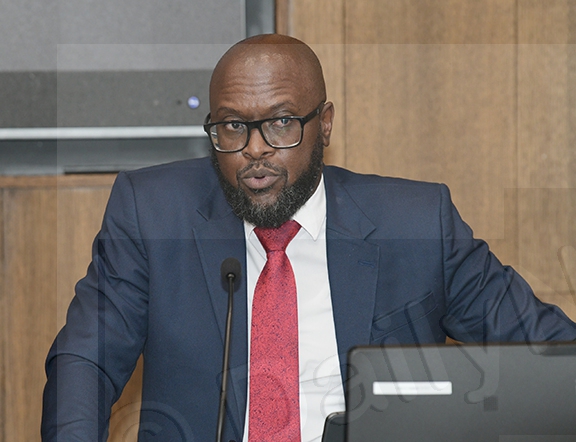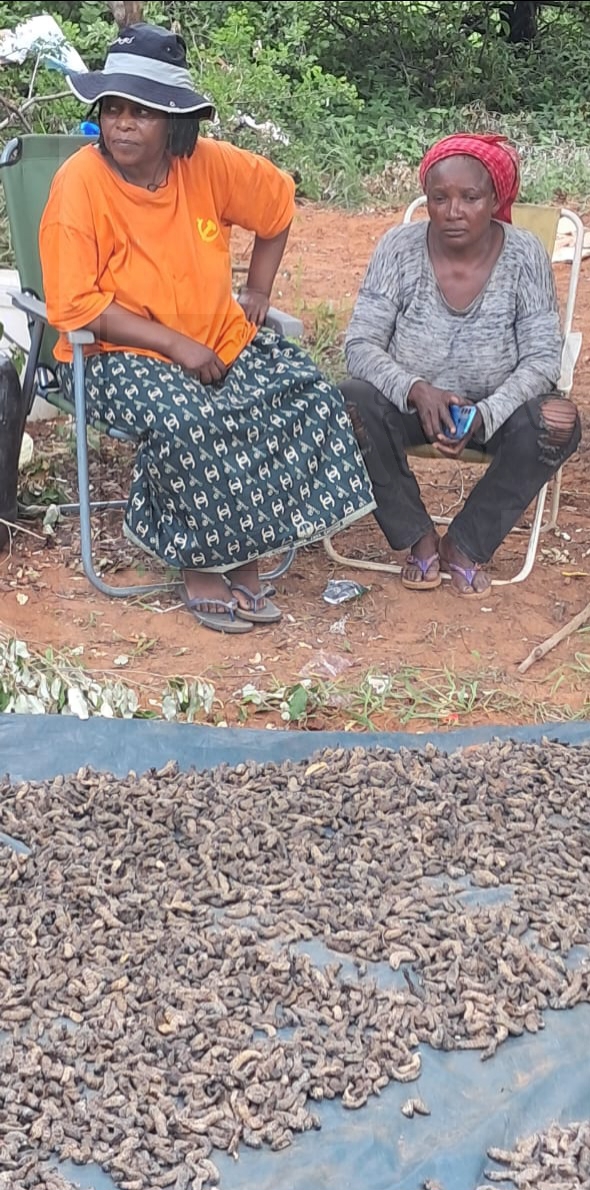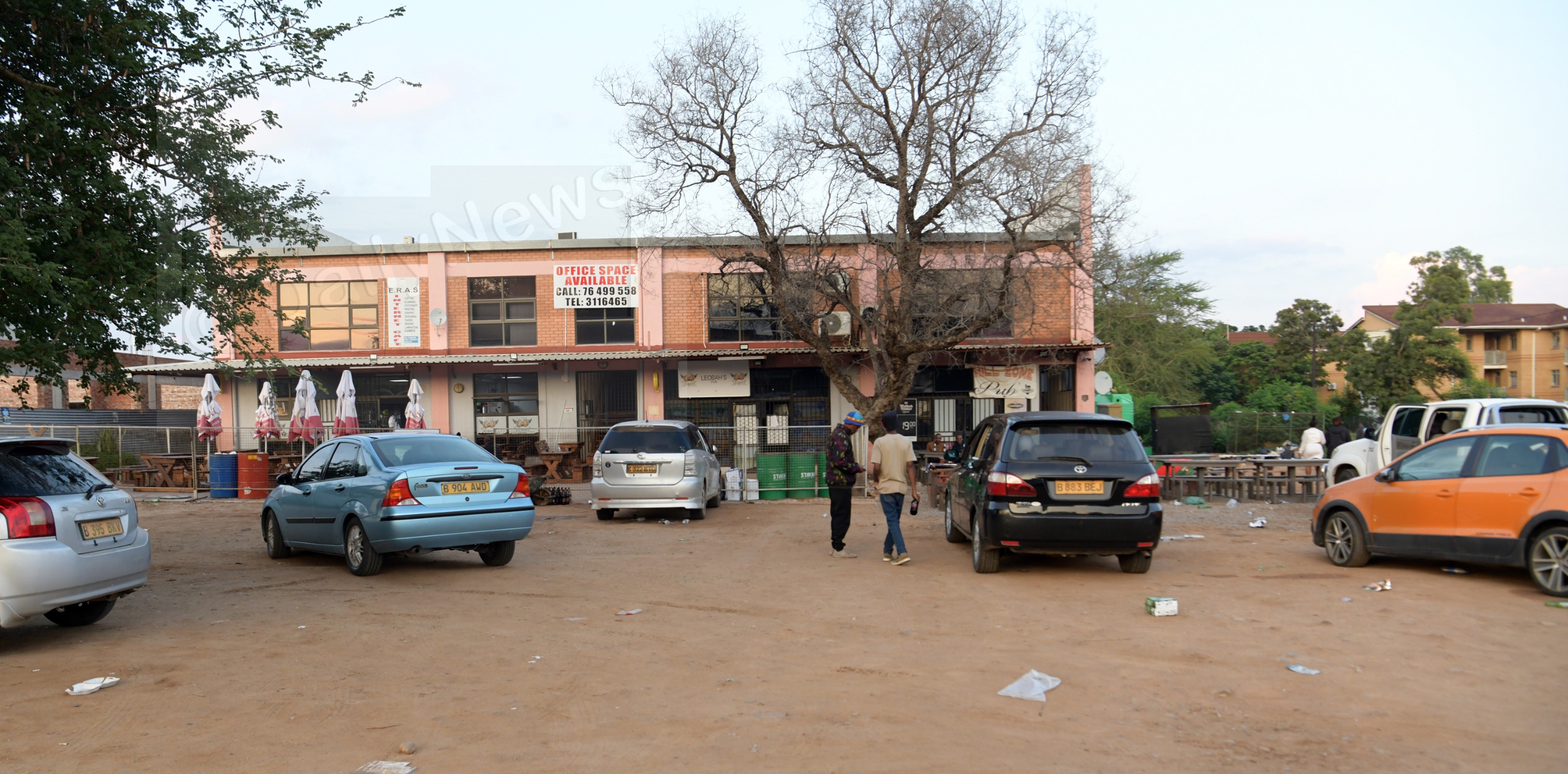Women youth powerhouses in agriculture
29 May 2024
The SADC region has made strides in crafting policies and programmes tailored to harness potential of women and youth in agriculture.
Speaking at the women and youth in agriculture knowledge sharing and exchange symposium in Kasane on Tuesday, Centre for Coordination of Agricultural Research and Development in Southern Africa (CCARDESA) coordinator, Dr Baitsi Podisi, said the policies provided women and youth with necessary tools, training and resources to succeed in agriculture.
He said women and youth carried success stories on access to financial support and grants that enabled them to acquire land and start their own agricultural businesses.
Moreover, Dr Podisi indicated that women and young people had access to agricultural education and training tailored specifically for them and which aimed to equip them with modern and sustainable farming techniques.
He said the symposium was a platform for exchange of innovative practices and success stories, focusing on the sustainable use of indigenous seeds, integration of traditional and modern farming practices and the adoption of climate-smart agriculture and technology.
Dr Podisi highlighted that it was essential that delegates from Botswana, Eswatini, Mozambique, Namibia , Lesotho, Tanzania, Zambia, Zimbabwe and South Africa were equipped with the tools to transform their communities by learning and adopting sustainable agricultural practices.
He said CCARDESA’s medium and long-term strategies prioritised the inclusion of women and youth in agricultural development, including people living with disabilities having partnered with European Union International Fund for Agricultural Development (IFAD) to accelerate women, youth and social inclusion.
For her part, Botswana Farmers Association president, Ms Diane Sibanda, said farmers associations were actively involved in sharing concept notes with CCARDESA ahead of the regional meeting, to ensure the symposium captured a holistic knowledge sharing purpose.
She indicated that most often, Batswana farmers were afraid to explore sectors that were untapped like grape farming, due to uncertainty of climate conditions.
However, she noted that the symposium was insightful and an eye opener for farmers to take risks, and benchmark against other farmers in the SADC region.
Ms Sibanda said Batswana displayed an interest and commitment in farming especially those who acquired funding and grants from government and private entities so as to transform agricultural sector and drive economic growth.
“We mentor young people and upcoming farmers going into retirement to learn and acquire skills that would help them avert pitfalls that some aspiring farmers may encounter.”
Tanzania grape farmer, Ms Felista Mpore, said there was need for farmers to explore value addition of their produce by venturing into processing and packaging byproducts.
Ms Mpore said this would help farmers to reduce waste, produce quality packaged food and maximize on profits.
She said often farmers produced raw fruits and vegetables for shelves which perished over a short period of time rather than packaging to preserve the quality and generate more revenue.
She said grape farming was thriving in the Dodoma, Tanzania, a region she noted was of semi-arid climate like Botswana hence Batswana should explore it as well for its many benefits. ENDS
Source : BOPA
Author : Portia Ikgopoleng
Location : Kasane
Event : Symposium
Date : 29 May 2024





